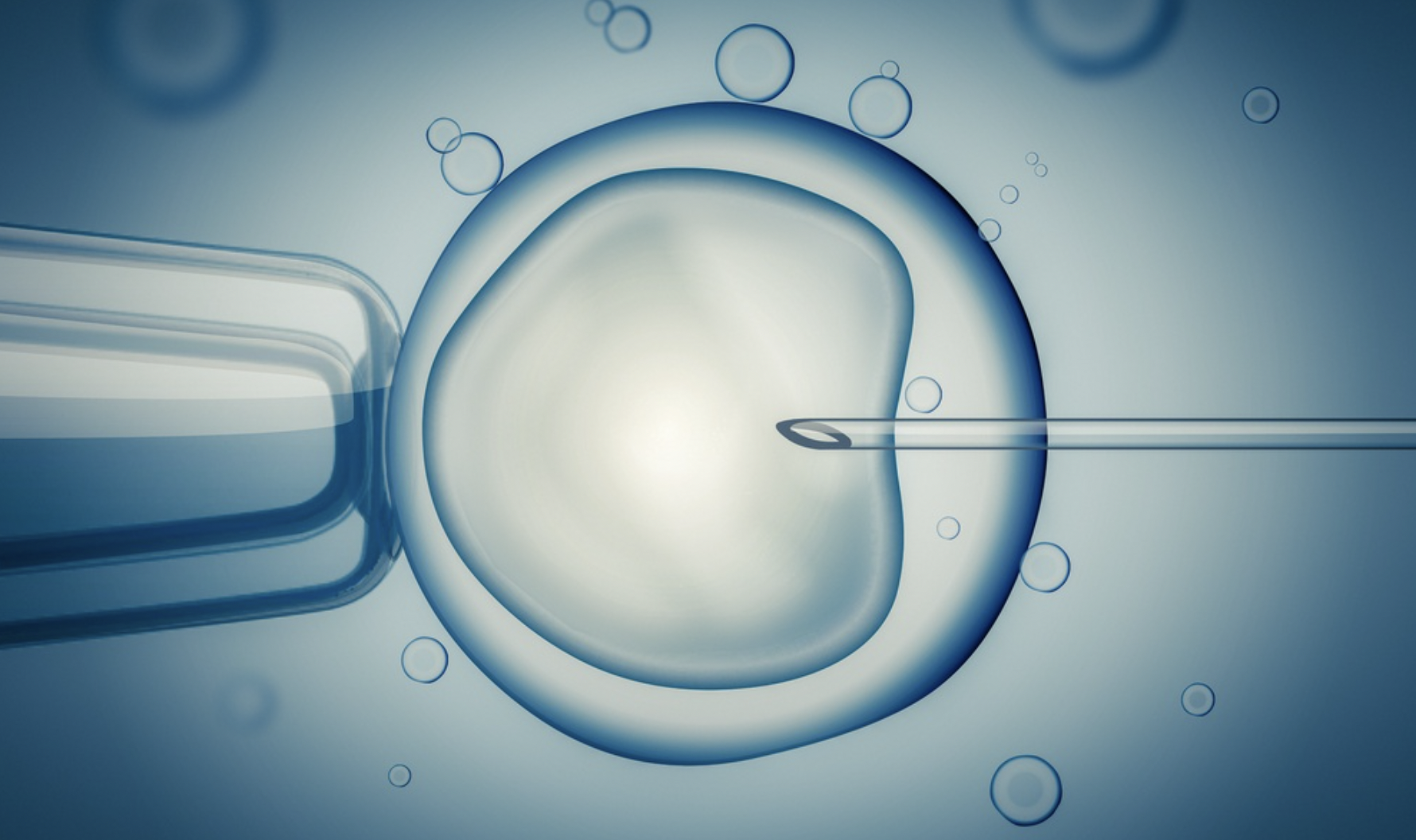4 Alternative Ways To Have A Baby

The idea of having a baby can be overwhelming. You may feel pressured to get pregnant quickly, or you may want to wait until the right time in your life to have children. Still, other options could allow you to have a child without relying on traditional methods of getting pregnant. In this article, we will cover common alternative ways people try when they cannot get pregnant naturally, like donor eggs or surrogacy.
- Surrogacy
There are many ways to have a baby, but surrogacy is one of the most popular methods. The process is done with the help of another woman's uterus to carry your child to term and give birth. This can be an option if you're unable to get pregnant or if getting pregnant with medical assistance would be too difficult for your situation.
Surrogacy is often done by in-vitro fertilization (IVF). You may visit newgenfamilies.com for more information about this method. It involves taking egg cells from the biological mother and then fertilizing them with sperm from either the birth father or one of his partners, creating embryos that eventually implant in their new home: another woman's womb.
The surrogate mother will receive compensation for this service; her fees vary depending on how many children she has successfully carried out. In most cases, the biological parents will pay for other associated costs such as doctor visits and labor.
- Adoption
Adoption is a great way to become a parent. You are not only limited to adopting a child in the US, but you can also help a child from another country create a home with you. If you are single, it would be best to know certain guidelines and regulations governing the requirements and process of adopting a child. In some cases, you can even qualify for free or low-cost adoption services through your local government agency.
There are two main types of adoption. These are open adoption and closed adoption. Open adoption means the birth mother and the adoptive parents can meet and talk about each other's lives.
Closed adoption means the birth mother and adoptive parents cannot meet or talk after the child has been placed in their care. This is usually done because it is believed that it would be too difficult for the adoptee to deal with having both sets of parents in their life.
Before you adopt a child, you must undergo an extensive screening process by an organization such as the Child Welfare Services (CWS). This involves meeting with social workers who will review your background. They are the ones who will determine whether or not they think it's safe for them to place their children in your home. They'll also look over documents related to this goal (such as birth certificates).
Once this process has concluded successfully—assuming everything looks good—you will have one last step: paying for the placement. You must also prepare yourself financially by ensuring you can provide for all necessary expenses post-adoption (including education).

- Egg And Sperm Donors
Egg and sperm donors are viable for some couples who cannot get pregnant naturally. They are also a good choice for couples with specific medical conditions related to their fertility that would make it challenging to conceive normally.
You may choose to use an egg donor if you have a genetic disease or if you have had cancer treatments that make it difficult for you to get pregnant. Sperm donors offer the same option to those who cannot conceive on their own. This option is common in a same-sex household; for instance, a lesbian couple wants to have a child and will need sperm to start the embryo process.
The donor's genetic makeup is combined with yours, and the resulting child also has your genetic makeup. Sperm donation is entirely anonymous, so no one knows who donated the genetic material used to create this baby.
Lastly, you can donate to your future self through egg freezing, where a woman's eggs are taken, frozen, and stored for future use. Medical conditions like cancer (including its treatments like high-dose chemotherapy and radiation) can impact fertility, and egg freezing is one of the ways to counteract this. You can access this service through clinics like EVOLVE Egg Freezing.
- IVF And Other Medical Procedures
IVF (in vitro fertilization) is a fertility treatment in which an egg is fertilized by sperm outside the body, usually in a laboratory. Afterward, the resulting embryo is transplanted into the uterus of a woman who has been treated to start her pregnancy. This procedure can be successful if there are no problems with the eggs or sperm. If you have trouble conceiving naturally, IVF treatment might be your option.
ICSI (intracytoplasmic sperm injection) involves injecting healthy sperm directly into an egg cell so it can reach its destination without intervention from outside sources such as doctors or nurses. But this method does not always work out well since sometimes only one-half will survive after being implanted into a patient's womb.
Recap
If you're considering alternatives to having a baby, many options exist. Adoption, surrogacy, and fertility treatments are all viable options for people who want children but cannot have them biologically. However, it's important to remember that the best choice depends on your personal situation and goals.






